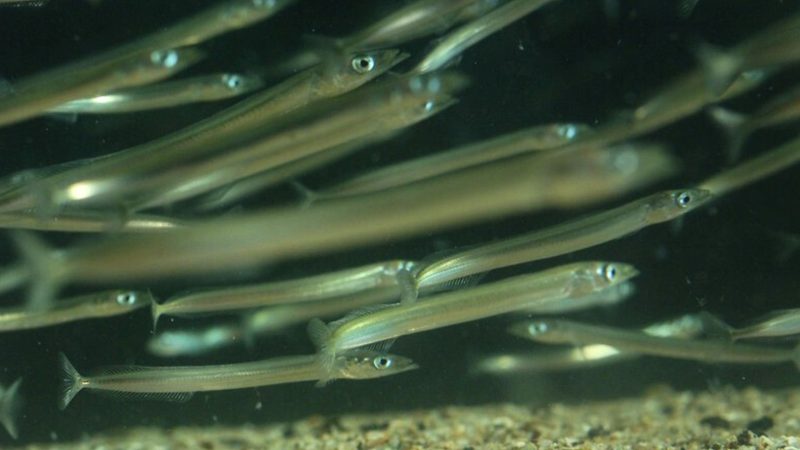In a time of pollution, plastics and climate change, overfishing remains the single biggest threat to marine life and ocean health. In light of this reality, it is deeply disappointing to see that the EU and UK have, yet again, agreed to set catch limits at unsustainable levels. Last week the EU and UK concluded their annual negotiations and set the catch limits for many shared stocks, including those of iconic species such as cod, too high.
Every year the UK and EU agree catch limits known as Total Allowable Catches (TAC) for most commercial fish stocks, which determines the volume of fish caught. The International Council for the Exploration of the Sea (ICES) is the independent scientific body which provides advice for fish stocks. However, the process of agreeing and sharing these catch limits is quite complex, where some stocks get negotiated with other countries. It is, perhaps telling that the parties do not say, in the Agreed Record ,what percentage of catch limits are sustainable – it requires a significant amount of background knowledge and investigation to determine what the outcomes actually mean for many stocks. Our initial analysis suggests that limited progress ahs been made from last year’s outcome of 54 per cent of catch limits being unsustainably high.
Last year Blue Marine Foundation highlighted the tragic case of cod in the Celtic Sea. We highlighted that following the same approach that had caused the stock to decline by more than 90 and in ten years was unlikely to lead to any improvement. It is worth exploring what has happened since – given that recovering this stock is a stated priority of the UK and EU.
When the scientific assessments were published in June they showed that the stock had further declined to a new record low. So how did the EU and UK respond to this bad news? Amazingly they have decided to set the catch limit at a level that is ABOVE the entire spawning population of the stock – this means that the catches can now exceed the number of adult fish. This is not an approach that implies either the EU or UK are prioritising recovery. For countries and, in the case of the EU a political bloc, that tout their ocean conservation leadership this is extraordinary.
Is this cod stock an anomaly? Sadly not. The lack of progress in recovering some of the most depleted fish stocks continues. Other stocks that are so depleted that the scientists advised zero catches continue to be sacrificed to allow short term maximisation of target stocks. What we see is a consistent pattern of collapsing a stock and then declaring it a ‘bycatch’ stock that must be sacrificed to prevent it ‘choking’ catches for other species.
Last year we saw pollack join the ‘zero catch advice’ club. A direct result of catches being far in excess of sustainable levels for years. Pollack joined an existing cast of populations, that includes stocks of cod, whiting and herring. So how is pollack doing this year? Well it has declined further, so it is now at its lowest ever level. ICES only advise zero when a stock is in a truly abysmal state. Without enforcing fisheries management designed to eradicate the possibility of this happening, this will almost always be the result. It is, therefore, astonishing that the same mistakes keep getting repeated.
To complete our tour of overfished Celtic Sea demersal (fish that live near the seabed) stocks we have whiting and haddock. Whiting and haddock were once given as reasons for allowing overfishing of cod – you couldn’t justify recovering cod as this would impact on the fleet’s ability to catch whiting and haddock. This approach has now led to the collapse of the whiting stock and despite it being in a perilous state (zero catch advice) the TAC was actually increased. Even haddock, the healthiest of the three has suffered a precipitous decline leading to advice for a 44% decline in catches – advice that has not been followed.
It is clear when scientific advice is followed, stocks recover, where it has not, stocks decline.. Considering the increased public concern about ocean health, declining biodiversity, and ambitious sounding governmental commitments, it is as disappointing as it is unbelievable that the UK and EU government continues to prioritise short term political expediency over long term sustainable management.


















